
Pimp, dick, bumfit admittedly sounds well dodgy. Or at least it does if you don’t live in these parts. Round here though, it’s simply the five times table – the numbers five, ten, fifteen – here in the Derwent Valley, Cumbria.
Granted, you won’t hear it used that much in everyday conversation in the street but if you wander up the valley, you may well come across a shepherd using it to count his sheep.
Saying that, you will hear ‘yan’, the word for one, in common use.
‘Gi’s yan.’
‘Nah, I only ’ave yan left,’ would be a perfectly normal exchange, between kids fighting over sweets for instance.
Not to be confused, however with ‘yam’, as in ‘aa’s gan yam,’ – ‘I’m going home’.
I just love dialect and I’m passionate we don’t lose it. It’s something I’ve grown up with, although Yorkshire is my native tongue. I’m still very much a novice of the Cumberland dialect, even after fourteen years. The Cumbrian mountains are my spiritual home though, and even as an ‘offcomer’ or non-local, I feel a deep connection with the landscape and history.
I find too, as I get older, I’m more interested in roots. This coupled with my love of language and history, means my inner geek loves nothing more than researching the roots of words themselves. Etymology can give you such a rich picture of the history of places, people and how the language has evolved over the centuries.
The roots of the Cumbrian dialect can be traced back to pre-Roman times and the Celtic Carvetii and Brigantes tribes. These people would have spoken a Brythonic language, similiar to Welsh. Post Roman rule, this developed into Cumbric. This would have been spoken throughout what is now Cumbria, into parts of southern Scotland, Yorkshire and Lancashire – the ancient kingdom of Rheged.
It’s lovely to see some of these names live on too. Carvetii, for instance, are a local coffee roasters, whose coffee I can highly recommend (I’m a bit of an addict if honest). Place names too provide clues to ancient peoples and languages. Locally, Carlisle comes from caer, meaning fort and Penrith from pen meaning hill. Keswick, being a later settlement, is probably derived from Old English meaning cheese farm.
Portinscale, where I live, has an altogether more interesting meaning – harlot’s hut, from Old English, although pre-historic tools have been found here in excavations. The stone circle at Castlerigg dates back to Neolithic times too, just a couple of miles away.
The prize though, in terms of place names, for me has got to go to Torpenhow. From the roots, tor – hill, pen – hill and you guessed it, how – hill. However, it’s the pronunciation that’s the giveaway as to whether you’re a local. Simple enough, you’d think – tor-pen-how, as it sounds. Wrong, it’s Tre-pen-er.
All of this, the history, the landscape, the people, as well as the dialect combine to provide such a rich source of inspiration. So much so, that they’ve inspired my characters and my writing. To the point, that what started as a blog, has led to a novel that time travels through the landscape, picking up real life characters from history for the ride. And I’m so obsessed with the idea, that one novel has spawned a potential trilogy, travelling back even further in a mystery encompassing Celtic kings and Anglo-Saxon hermit priests. That’s if the research doesn’t take me an eternity.
P.S. Thanks to fellow Litopians JoanUP and RK Wallis for the inspiration for this blog post. It was all down to you guys questioning the word ‘fell’ which, of course, is yet another word for hill, lol.
Winging it
Disclaimer - apply the ‘winging it’ method with wild abandon to much of life, just maybe not brain surgery or rocket science
Farty Towels?
Hospitality: The art of making guests feel at home while secretly wishing they'd leave.
The Jewel of Derwentwater – behind the book
Inspiration, perspiration and (sleep) deprivation
So why the hell did I choose to write a dual timeline, time travelling adventure mystery as my first novel? Well, to be honest, I didn’t really have…


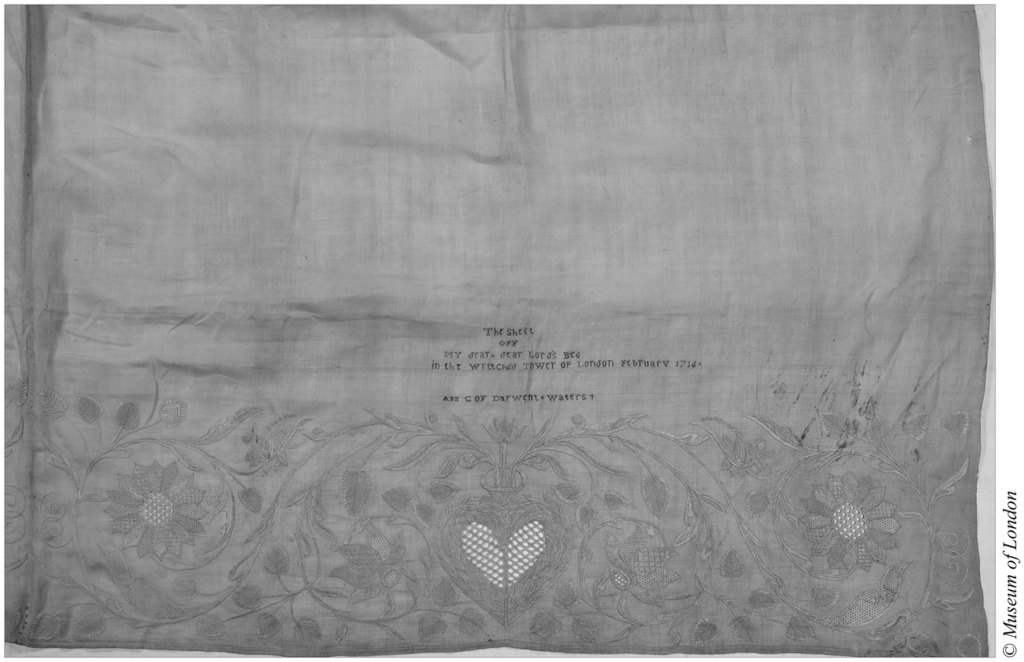
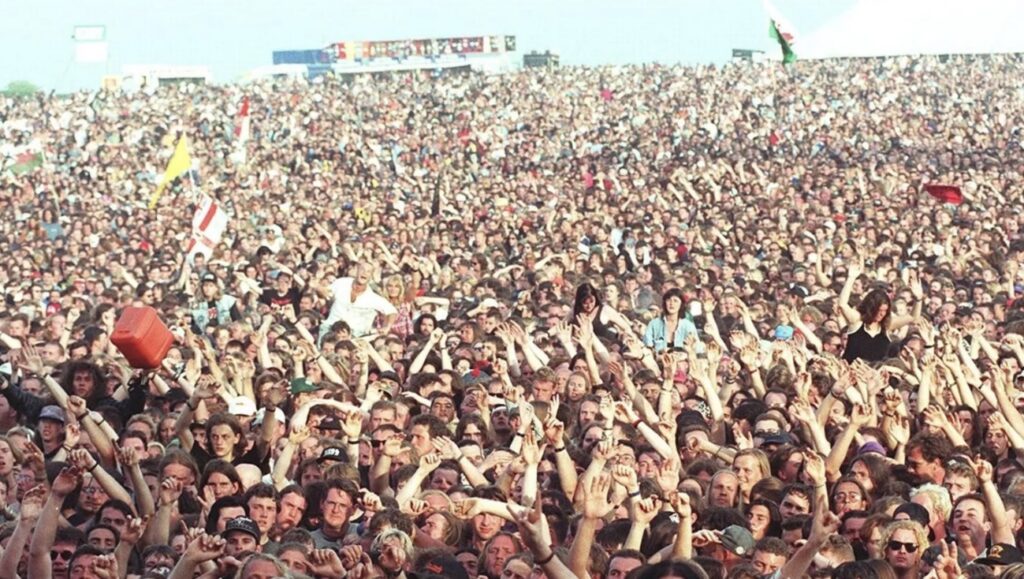

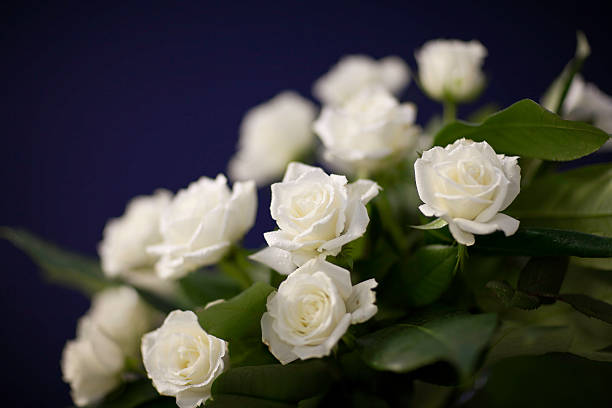
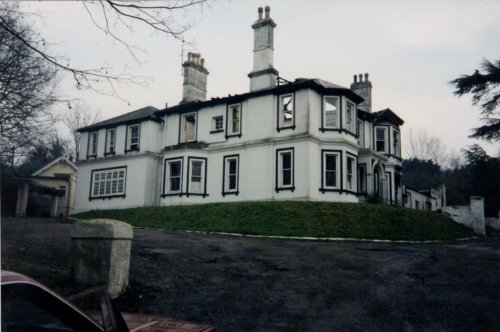
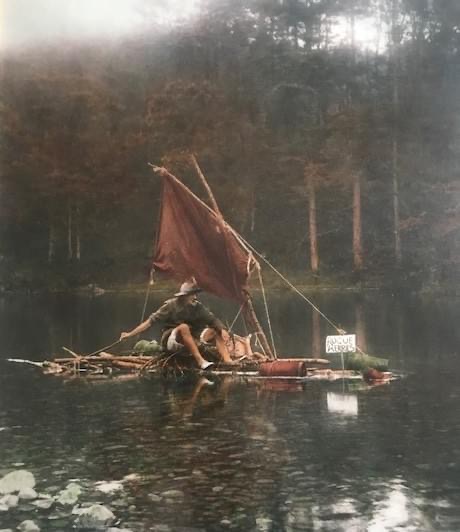
Love this! Now I want to know the harlot’s story – THAT would be interesting research!
I’ll have to take a look. Maybe I can incorporate them into my novel, lol.
Fabulous.
Great dive into etymology, love it!
I love the rich roots each area develops. Great post!
Ah yes, I spent my childhood in west Cumbria, and in the 90s, went back to visit the council estate backstreets where I used to play football. There were a group of children playing with a ball, and I heard one boy shout, “Scop it ‘ere!” Even after almost 50… Read more »
Isn’t it great when language can take you to another time and place.
Local languages and dialects are endlessly fascinating. I like the crossovers – Welsh for five is pump – similar to your Cumbrian example. And when I lived in the Northeast, we would say we were gannin’ hyem at the end of the day.
Yeah, I love researching stuff like this and you can lose yourself down endless rabbit holes with the links.
Love this! Etymology and dialect are so interesting.